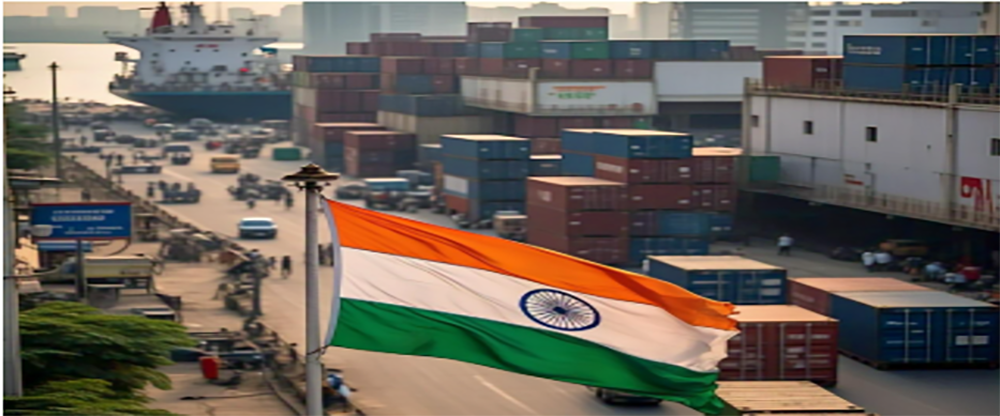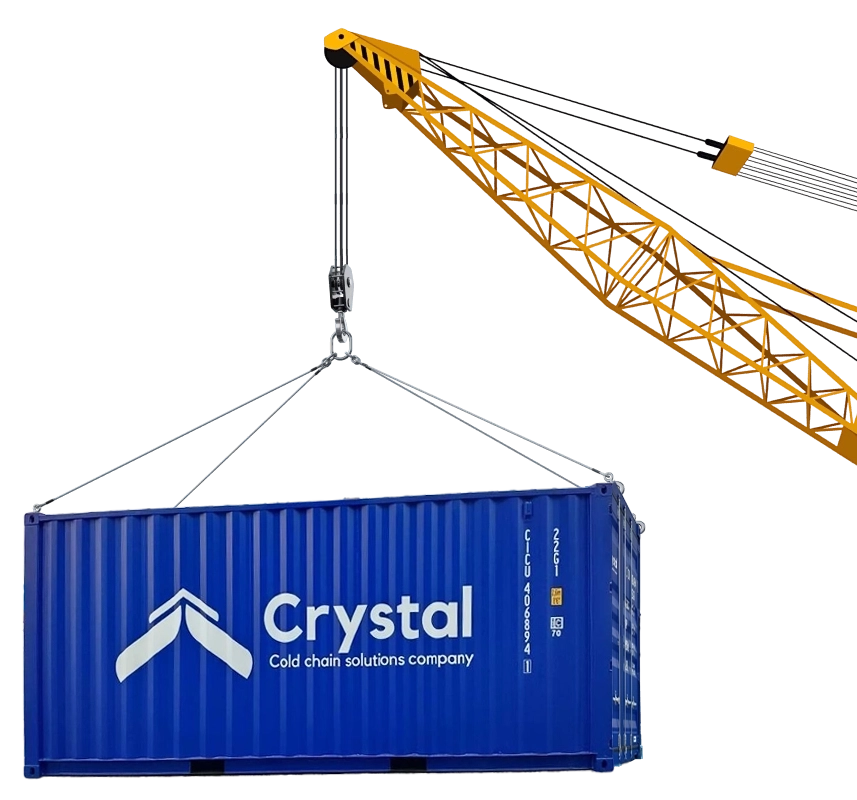
India and Bangladesh share a vibrant trade relationship, especially in sectors like garments, plastics, food products, and furniture. Traditionally, most of these goods entered India through land border points in the Northeast, making cross-border trade efficient and cost-effective. However, with India’s recent notification restricting Bangladeshi exports to only major seaports like Kolkata and Nhava Sheva, the logistics landscape is set for a major shift.
This new development presents both challenges and opportunities for Indian businesses, importers, and logistics providers.
Before:
Over 90% of Bangladeshi exports entered India through land ports in the Northeast, making trade quick and cheap.
Now:
Bangladeshi goods, especially ready-made garments, must enter India only through the seaports of Kolkata or Nhava Sheva. Land border crossings in the Northeast are no longer allowed.
Before:
Bangladeshi goods were sent to India by land, which was much faster and cheaper. This allowed products to reach Indian markets quickly and at lower prices, making them widely available.
Now:
With the new restrictions, these goods must be shipped by sea, which takes longer and costs up to five times more. As a result, Bangladeshi products may become more expensive and harder to find in Indian markets due to increased transit time and higher shipping costs.
Before:
Businesses in Northeast India relied on a steady flow of goods from Bangladesh through well-established supply routes. This made it easy for them to get the products they needed on time and at good prices.
Now:
With the new restrictions, these supply chains might get disrupted, making it harder for businesses to get Bangladeshi goods. However, this change also gives Indian manufacturers a chance to step in and supply these products, creating new opportunities for local businesses.
We are committed to helping our clients navigate regulatory changes smoothly and turn challenges into opportunities.

We will get back to you within 24 hours.